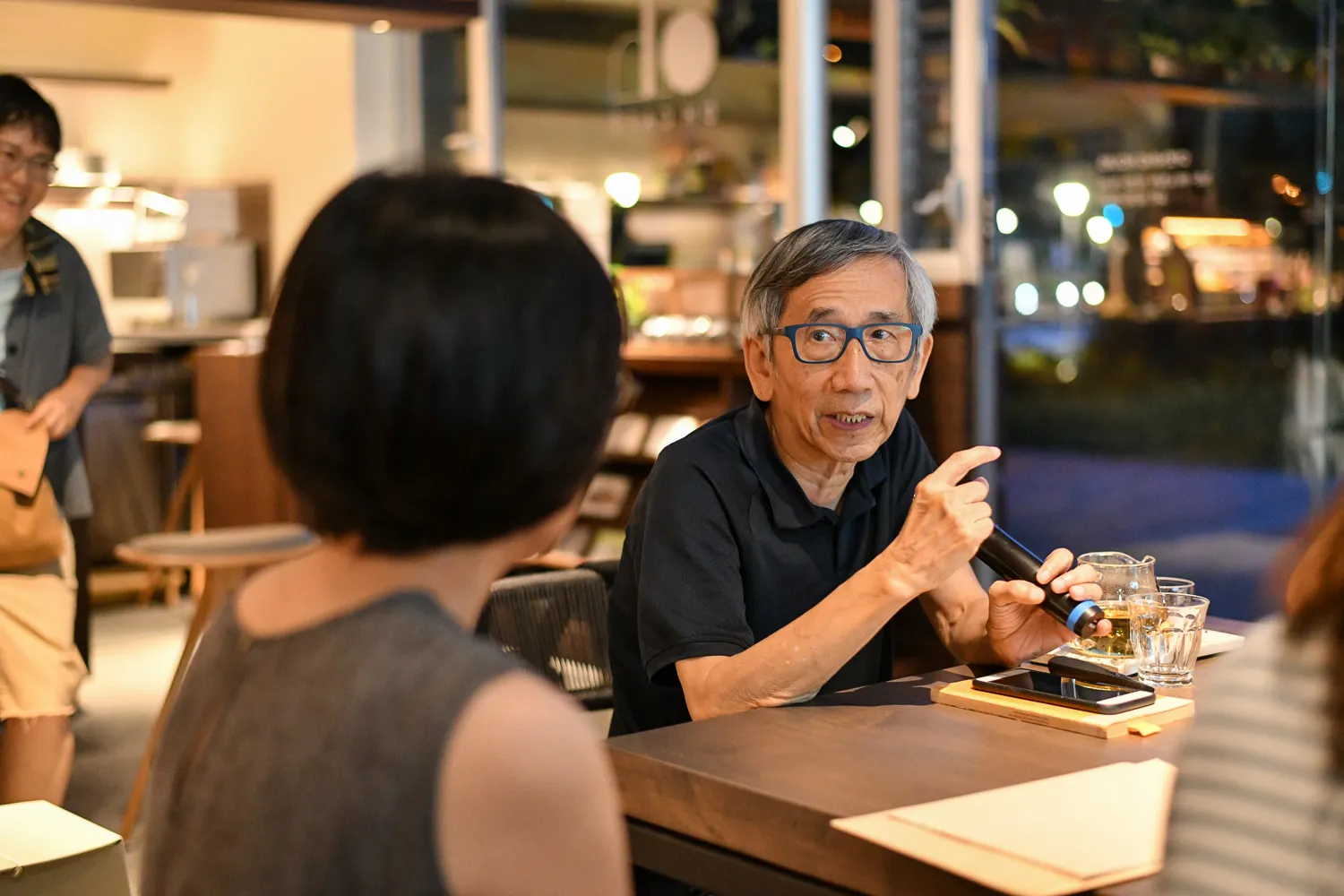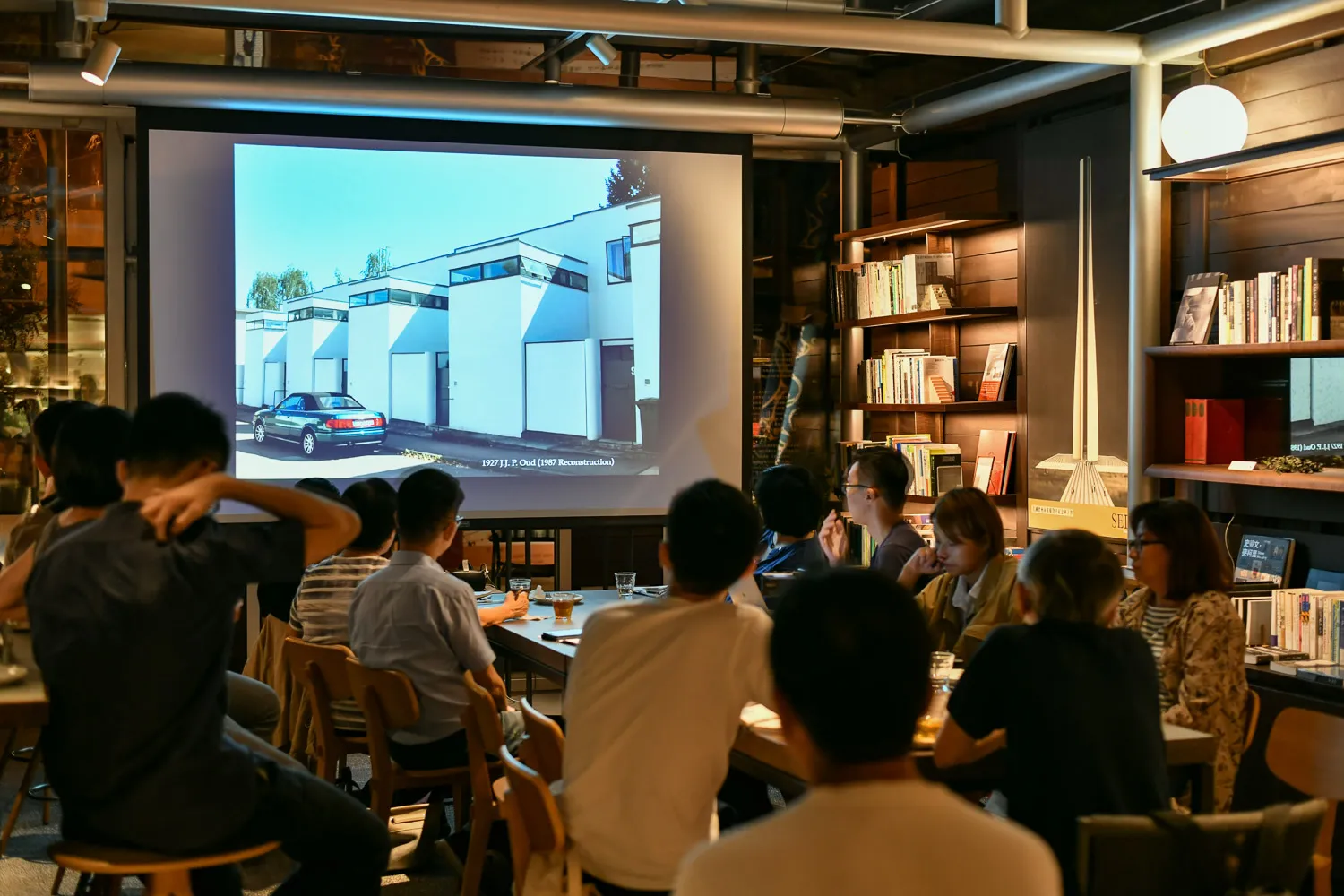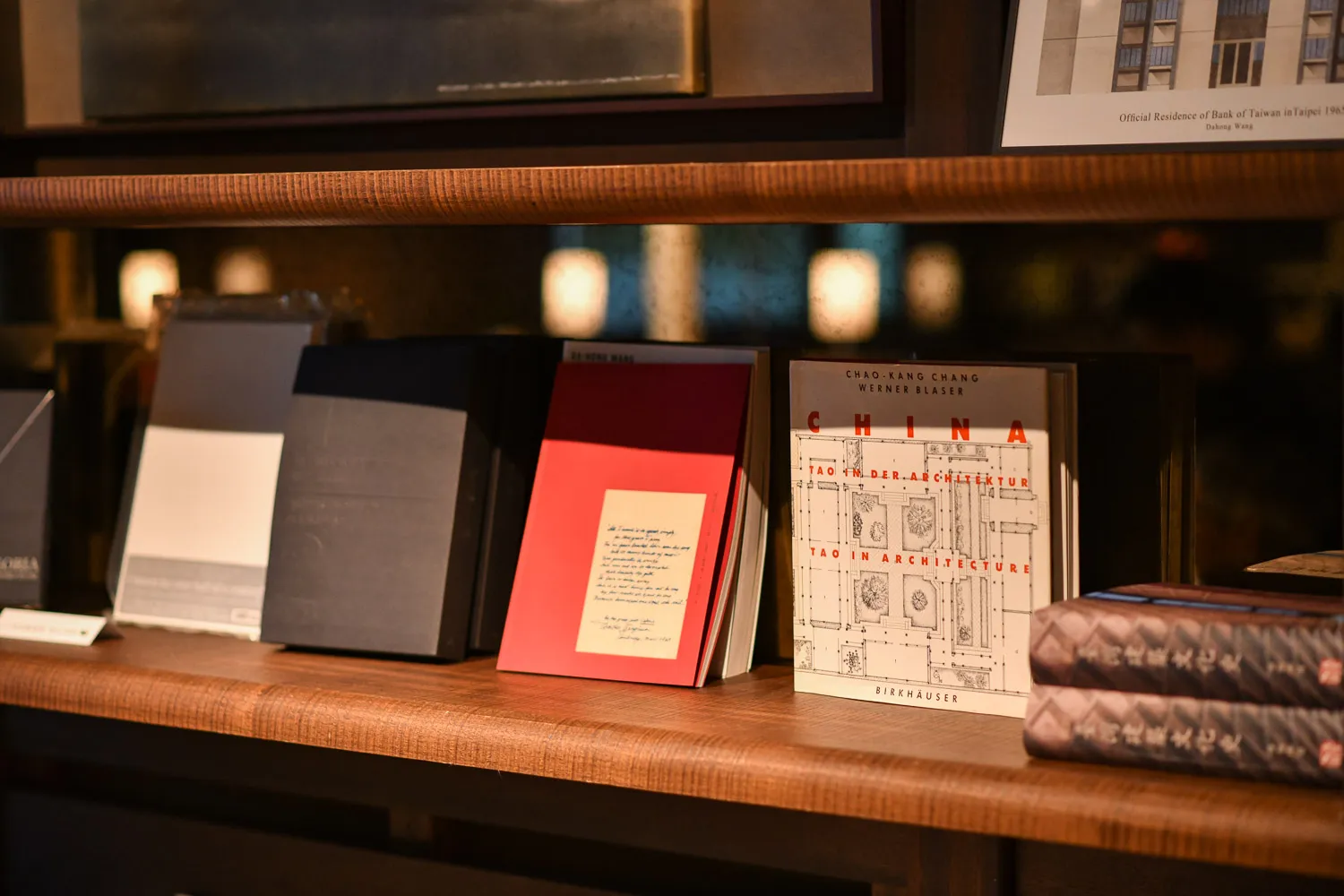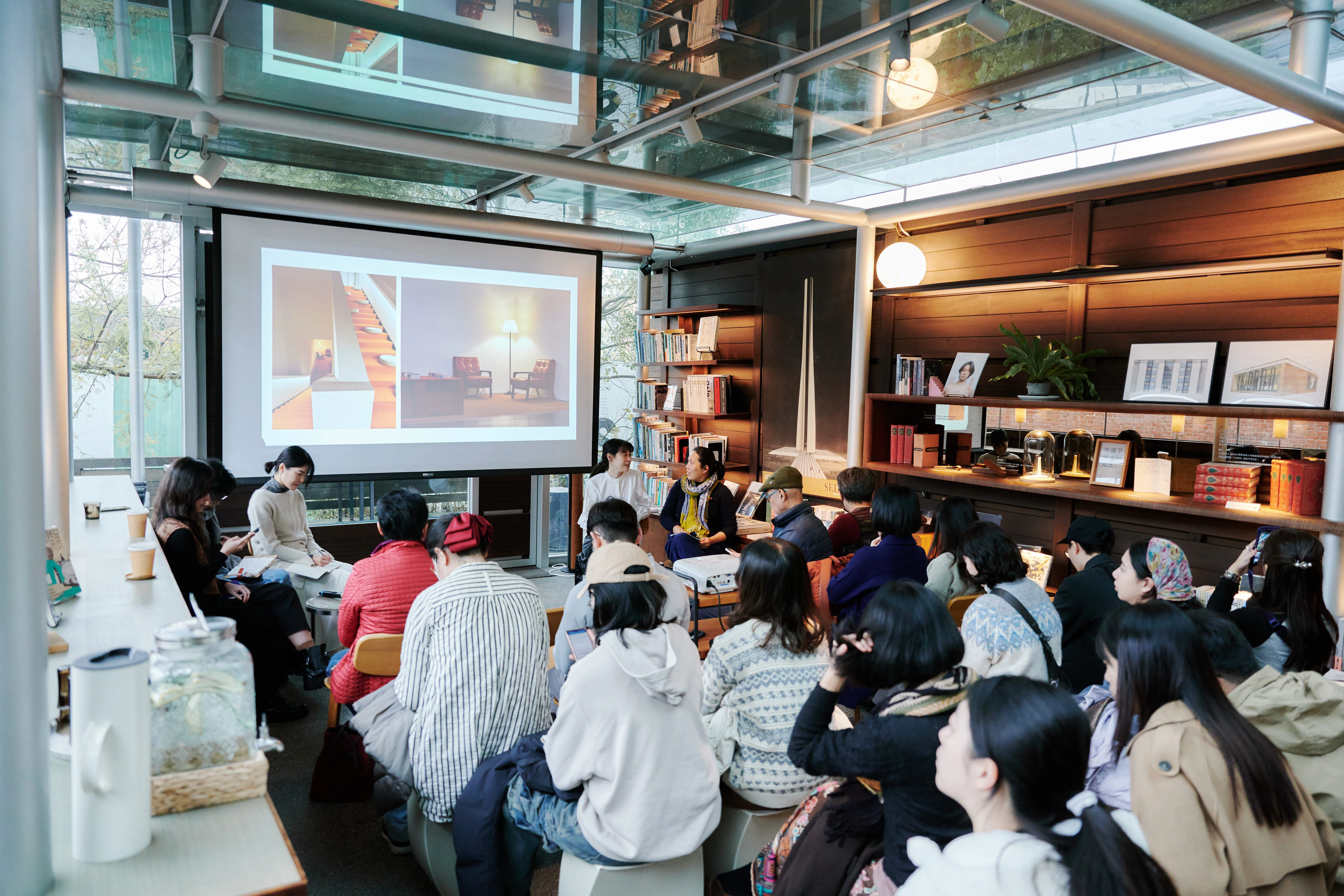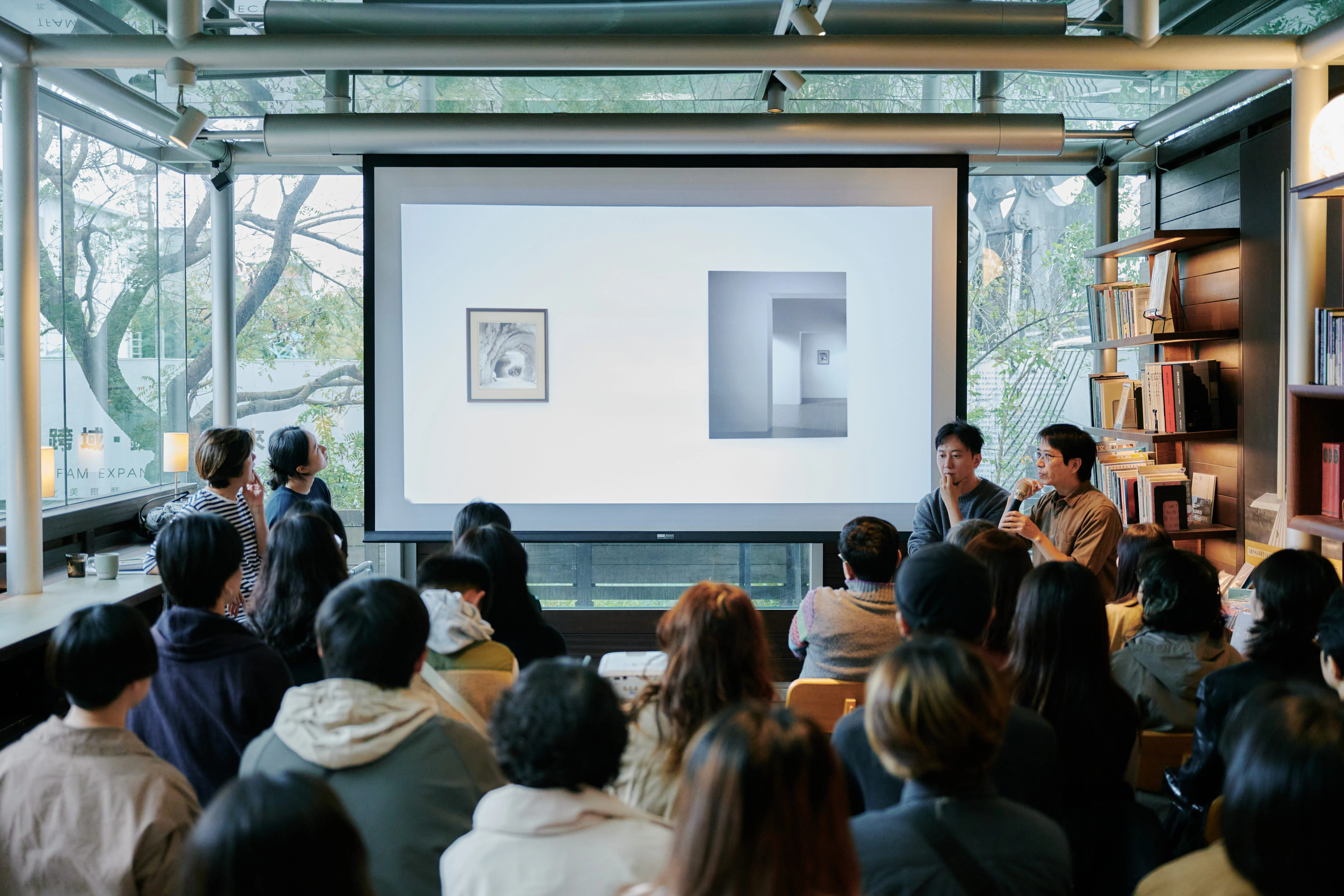
Lecture Series on Bauhaus Centenary and the 1st Memorial Anniversary of Da-Hong Wang| Theme 3: The Chimera Group and the Bauhaus— Dessau 1925-32 with the Deutscher Werkbund
Speakers
Chao-Lee Kuo Founder, Taiwan Alliance for Arch Modernity
Location
DH Café (No. 153, Section 3, Zhongshan North Road, Zhongshan District, Taipei City)
Fee
One lecture for $500, including special snacks (sandwiches, desserts, drinks), and 10% discount on event book purchases.
Introduction
Wang was fond of the arts, and in the past, he often invited the arts and crafts community at the time when he built his home in Nanchou and Honglujia. Like Bauhaus, he organized a small society called “Chimera” (named after a lion and lamb-tailed hybrid monster from mythology). Those who frequented the time included Hui Changhui (music), Guo Lianghui (literature), Yang Yingfeng (sculpture), Lang Jingshan (photography), Sidi Dejin (painting), and others. Wang, who initially founded the association, described his efforts with the subtitle “A Bauhaus Organization in Free China”, and can be seen to be deeply influenced by the likes of Grobetz and Mises.
This year marks the centenary of Bauhaus 1919-2019, a special theme, “Chimera and Bauhaus,” will introduce the relationship between the two as the beginning of this series of literary activities. The theme of this lecture is “Bauhaus in Dessau”.
Event Review
Although the works created by Bauhaus students and teachers received high acclaim in exhibitions, the political climate shifted after the 1924 Thüringen parliamentary elections, when right-wing opponents of the Bauhaus came to power. Combined with increasing financial pressure, the school was forced to relocate north to Dessau.
The Dessau period marked a turning point for the Bauhaus. In 1926, a new school building and faculty housing, designed by Walter Gropius himself, were completed. These buildings continued the design concepts of the Fagus Factory—modular planning, clear volumes, and expansive glass façades for natural lighting—becoming Gropius’s long-lasting “architectural manifesto” and a spiritual symbol of the Bauhaus in Dessau.
The teaching system also matured during this time, bringing together a like-minded and highly capable group of instructors, making the school one of the most avant-garde art institutions in Germany at the time. However, in 1928, Hannes Meyer, who was disinterested in aesthetic education and emphasized functionalism, became the second director of the Bauhaus. His tenure provoked the resignation of several faculty members, and his promotion of communist political activities within the institution directly threatened its stability, culminating in his dismissal in 1930. As a result, Gropius invited Ludwig Mies van der Rohe to succeed Meyer as the third director of the Bauhaus.
